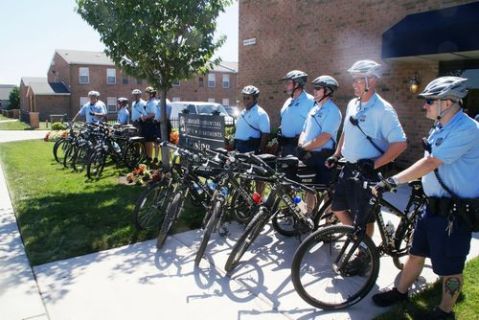News-gathering can be profitable — there are oodles of examples of them. The challenge is taking those dollars to create the most efficiently-produced local journalism.
The big solution and sure trend of the future is fostering a community that covers itself.
The Quick Take
Citizen journalism is a transitional phrase that will soon be as dated as ‘horseless carriage’ is now
But we’re in a period of transition so the ‘citizen’ distinction serves a purpose.
So I’ve been thrilled to see that NEast Philly, the year-old, hyperlocal news site for Northeast Philadelphia to which I contribute and handle Web operations, has been slowly receiving more reader submissions. Lately, Editor Shannon McDonald tells me she’s receiving an item or two a week from readers.
We’ve been encouraging readers to send in photos, brief write-ups of their community events and any other kind of reporting that anyone can do. It’s coming, but still most comes from McDonald tracking down information, submissions and contacts.
I’m one to describe this as ‘UGC‘ — user-generated content — and have been known to use the phrase “citizen journalism.” After doing so once more, I was pointed to a few dated conversations about just how dated that phrase might be, and I have some thoughts on why it’s a concept that still has value.
Continue reading ‘Citizen Journalism’ is a phrase just like ‘Horseless carriage,’ and we needed both








